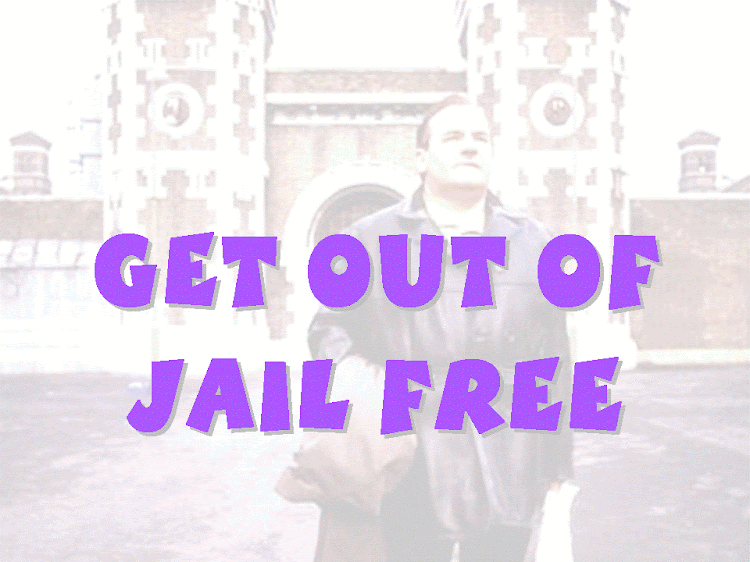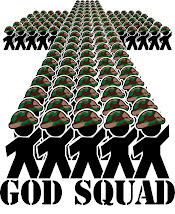The percentage of ex-forces prisoners in Scotland is on the rise. It is the same in other parts of the UK. Probably the rise is partly to do with the difficulty former soldiers often find in settling back into Civvy Street, especially those soldiers who've been traumatised by what they've seen, heard and done in warzones.
There are charities who seek to help former service men and women and some, such as Help for Heroes, have gained a lot of support, which is good. On the other hand it is surely the case that since we the country sent these people to war on our behalf, we the country should pay for any help they need when they come home. It doesn't seem right to leave charities to fill the gap.
Quoting from here:
"Veterans in Custody.
In response to public and parliamentary interest in the increasing number of prisoners identified as 'ex-forces', the SPS carried out a survey of military veterans across all 15 establishments to better understand the numbers involved and give these individuals the opportunity to comment on a range of issues that impact on their experiences in prison. Subsequently, each establishment across the SPS estate now has a Veterans in Custody Support Officer (VICSO).
From January 2011 to December 2011 the number of prisoners identified as Ex- Forces rose from 103 in January to 168 in December. This however may not be a true reflection of the exact numbers as for a prisoner to be identified he has to "self-report" either on initial admission to an establishment or making it be known during his sentence.
Each establishment across the SPS estate now has a Veterans in Custody Support Officer (VICSO). Ideally this is a nominated member of staff who has personally served in the Armed Forces. They will be better suited to the role as they will be fully aware of the terms and information being talked about, as well as having a working knowledge of the Armed Forces.
The main aim of the VICSO is to identify Ex-Armed Forces offenders at the earliest opportunity and then refer or signpost them onto community based Ex- Forces organisations. The VICSO works alongside and contributes to Offender Management as well as acting as a liaison between the offender and his Personal Officer and supervisors in the establishment.
Many of the Ex-Forces that are currently in the system were unaware of any support network or the fact that the Veterans in Custody Programme existed. On leaving the Armed Forces many of them felt on their own and not sure if there was any help they could access. From personal experience the resettlement phase of leaving the Forces can be a daunting and stressful time. Every effort is made to make personnel leaving the Armed Forces aware that there is an infrastructure in place and that the organisations are more than happy to offer help and support.
The community based organisations we work alongside are the Royal British Legion, Poppy Scotland, SSAFA (Soldiers, Sailors, Airmen and Families Association), SPVA (Service Personnel and Veterans Agency), Combat Stress and RFEA (Regular Forces Employment Association). With many of the organisations mainly basing their help for the offender themselves, it is clear that the families also require assistance from time to time. Frontline Families is there for the families of Ex-Forces, and has been a huge help and gives the families a chance to talk to someone.
The organisations can offer help and support in many ways. They can help with financial as well as emotional support. Our first port of call with any referral of an Ex-Forces member serving a prison sentence is to SSAFA. They are best placed to offer support and much needed guidance. They are also ideally suited to obtain information about military records and information from the offender's parent unit whilst they were serving.
With the number of Ex-Forces increasing it is safe to say this is an issue that is not going to go away, and with all agencies working together we can help to provide support and guidance to the current prison population that have served in the Armed Forces."
|
That's the background to the story I want to share in this blog post.
At the prison where I work, there are quite a number of ex forces people both on the staff side and the prisoner side. Over the last couple of years, at Armistice, we have had a short Act of Remembrance which has been well attended by prisoners and staff alike. These are always moving occasions - anywhere - but particularly so, I find, in Prisonworld. It is just about the only time when the normal "them and us" between officers and prisoners/ "screws" and "cons" is suspended and we meet just as human beings.
Over the summer, a group of prisoners (mostly ex-forces), under the leadership of an ex-forces officer, and with some kind donations from wellwishers such as the Royal British Legion Scotland, have created on a patch of waste ground a beautiful memorial garden. Half of the garden is focussed on a new war memorial designed and built by the prisoners. The other half is a more general sort of memorial garden which is for people to remember anyone who they have lost through any kind of bereavement, not just through war.
It has now been dedicated and opened for use. It is going to be a great resource to the prison. The prisoners now have a quiet area to go and be calm, and to think and reflect. We now also have a focal point for our Act of Remembrance on Armistice Day allowing us all (whether ex-forces or not) to take time out to think seriously of the horrific cost of war and remember those who lost their lives fighting in wars past and present.













